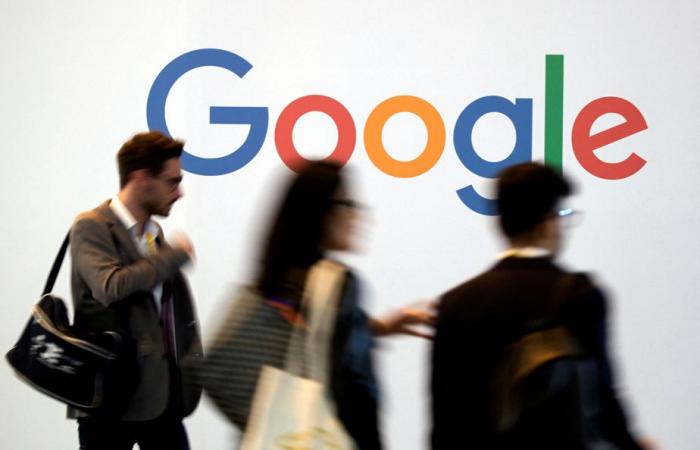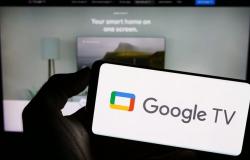(Alexandria) Google, already facing a possible corporate split over its ubiquitous search engine, is fighting to fend off another attack from the U.S. Justice Department alleging monopolistic conduct, this time over technology that exposes consumers to online advertising.
Posted at 5:15 p.m.
Matthew Barakat
Associated Press
The Justice Department and Google made closing arguments Monday in a lawsuit alleging that Google’s advertising technology constitutes an illegal monopoly.
District Judge Leonie Brinkema in Alexandria, Virginia, will decide the case and is expected to issue a written decision by the end of the year. If Judge Brinkema finds that Google engaged in illegal monopolistic conduct, she will then hold further hearings to explore remedies.
The Justice Department, along with a coalition of states, have already said they believe Google should be forced to sell parts of its ad technology business, which generates tens of billions of dollars a year for The company is based in Mountain View, California.
After about a month of trial testimony earlier this year, the arguments in the case remain the same.
During the three hours of proceedings on Monday, Judge Brinkema, who sometimes reveals her hand during these proceedings, did little to indicate how she might rule. She did, however, question the applicability of a key antitrust case that Google cites in its defense.
The Justice Department contends that Google built and maintained a monopoly in “open web advertising,” essentially the rectangular ads that appear at the top and right of the page when browsing sites.
Google dominates every facet of the market. A technology called DoubleClick is used ubiquitously by news sites and other online publishers, while Google Ads maintains a pipeline of advertisers of all sizes looking to place their ads on the right web page in front of the right consumer.
In between, there is another Google product, AdExchange, which organizes near-instant auctions connecting advertisers and publishers.
In court documents, Justice Department lawyers argue that Google “is more concerned with acquiring and preserving its trio of monopolies than with serving its own publisher and advertiser customers or winning on merit.” .
As a result, content providers and news organizations have never been able to generate the online revenue they should have due to Google’s excessive fees for brokerage transactions between advertisers and publishers, claims the government.
Divergent opinions on Google’s market share
Google argues that the government’s case wrongly focuses on a narrow niche of online advertising. Looking at online advertising more broadly to include social media, streaming TV services and app-based advertising, Google claims to control only 10% of the market, a share that is shrinking as that it faces increased and constantly evolving competition.
Google alleges in court documents that the government’s lawsuit “comes down to persistent complaints from a handful of Google rivals and several high-profile publishers.”
Judge Brinkema, during oral arguments on Monday, also sought clarification on Google’s market share, which is a subject of dispute between the parties based on market definition.
Historically, courts have been reluctant to declare an illegal monopoly in markets in which a company has less than 70% market share.
The Justice Department also argues that the public is harmed by the excessive fees Google charges to facilitate ad buys, saying the company takes 36 cents on the dollar when it facilitates the transaction end-to-end.
Google says its rate has fallen to 31% and continues to fall, and is lower than its competitors.
“When you have an integrated system, one of the benefits is lower prices,” Google lawyer Karen Dunn said Monday.
The Virginia case is separate from an ongoing lawsuit filed against Google in the District of Columbia over its namesake search engine. In this case, the judge determined that it was an illegal monopoly, but did not decide what remedy to impose.
The Justice Department said last week it would seek to force Google to sell its Chrome web browser, among a series of other sanctions. Google argued that the department’s request was excessive and disconnected from legitimate regulation.
In arguments Monday, Justice Department lawyer Aaron Teitelbaum cited the search engine case when pointing to a 2009 email from a Google executive, David Rosenblatt, who said that Google’s goal was to “do for display what Google had done for search.” According to Mr. Teitelbaum, this shows the company’s intention to achieve market dominance.






